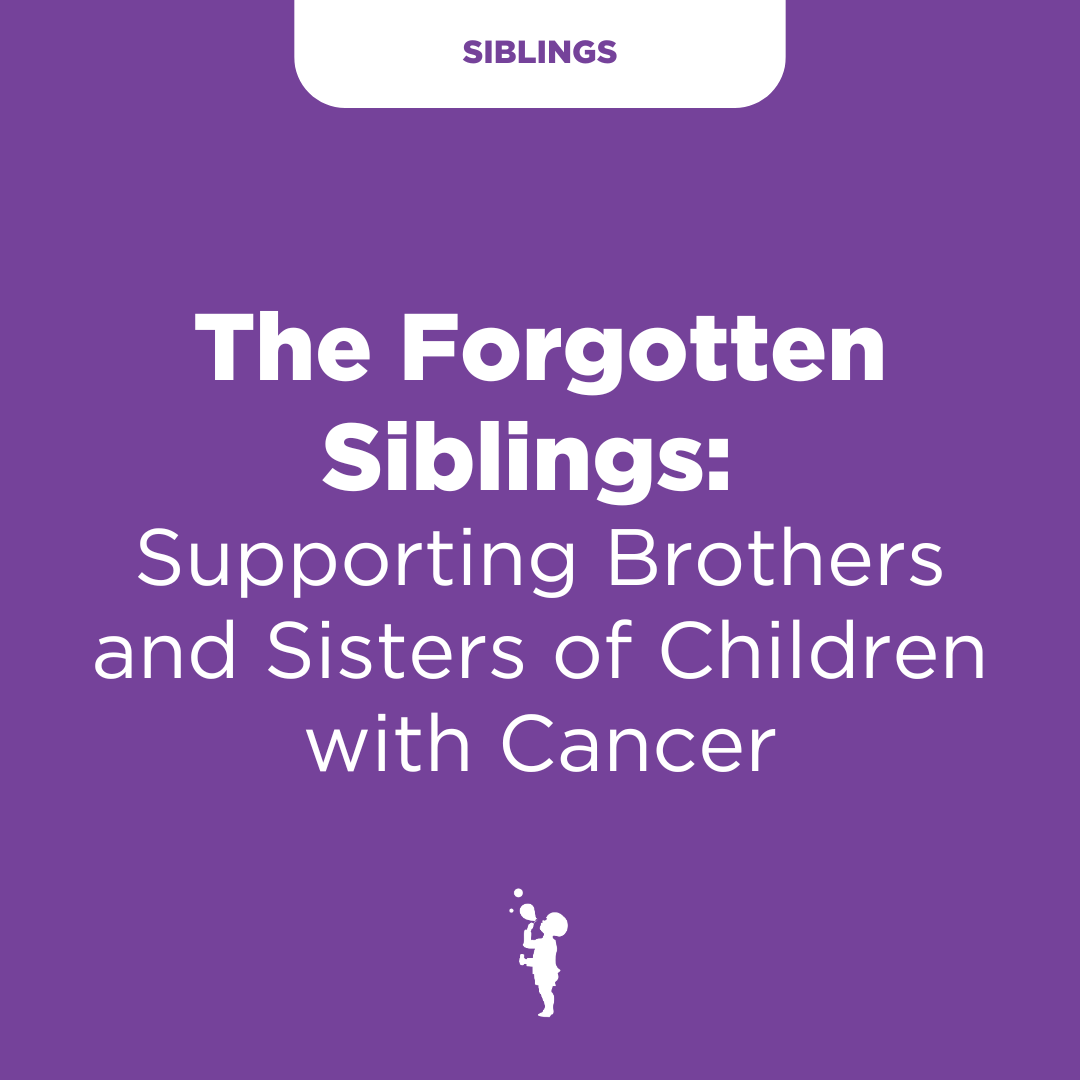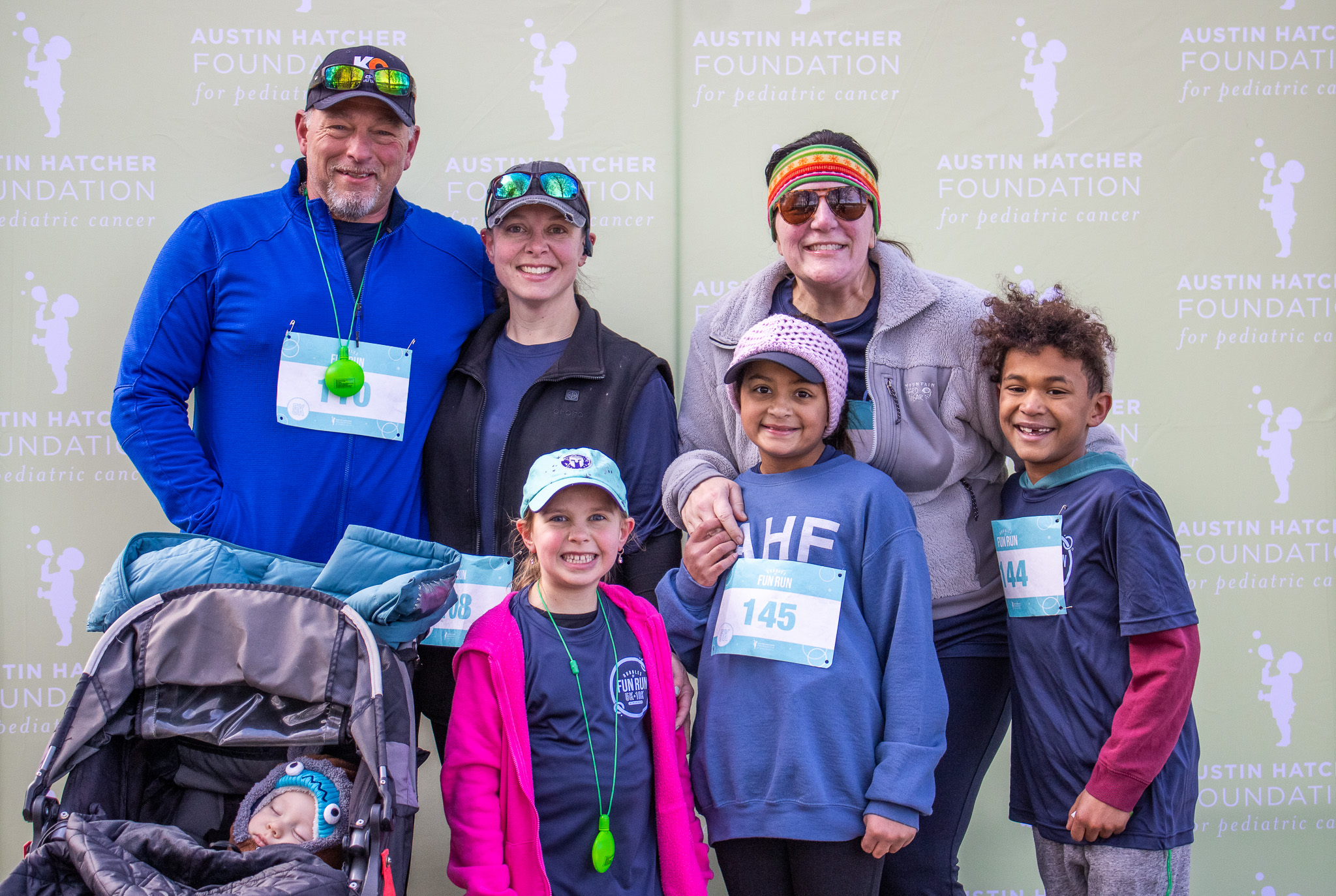Life After Pediatric Cancer: A Survivor’s Guide to the New Normal
Completing pediatric cancer treatment is a milestone worth celebrating, but survivorship brings its own set of challenges. For many, the transition into life after cancer is anything but simple.
This National Cancer Survivors Day, we’re exploring the long-term physical, emotional, and social effects childhood cancer survivors often face. If you’re walking this path, know that you are not alone.
Survivor's Guilt: “Why Me?”
Even when the news is good, many survivors struggle with complex emotions like survivor’s guilt—wondering why they made it through when others didn’t. These feelings can be heavy and isolating, but they are not uncommon. Give yourself permission to feel without judgment, and don’t hesitate to reach out to a therapist, support group, or trusted friend who can help you make sense of these emotions.
The Lingering Fear of Recurrence
For many childhood cancer survivors, every ache or unfamiliar symptom can bring back a flood of fear. The anxiety that cancer might return can shadow even the healthiest days—this is a real, valid part of survivorship. Acknowledge your fear, and remember that you’re not alone in facing this kind of uncertainty. With time, tools, and support, managing that fear becomes more possible.
You've Changed—And That’s Okay
Cancer doesn’t just change your body—it changes your perspective. The things that once seemed important may no longer matter. You may not feel like the same person, and others may not fully understand that shift. That’s okay. Healing is more than physical—it’s emotional and deeply personal. Be gentle with yourself as you grow into the new you.
When Relationships Shift
Cancer has a way of revealing which relationships are built to last. Some friends might step up in extraordinary ways, while others may fade or struggle with your transformation. While these shifts in relationships can be difficult, they can also open the door to more genuine, meaningful connections. Hold close the people who support your healing, and allow yourself to release those who no longer do.
You Don’t Just “Move On”
The idea that life should go “back to normal” after treatment oversimplifies the complexity of your journey. Emotional recovery takes time—and it’s okay if it’s messy. Give yourself space to feel, grieve, and rebuild in your own time.
Survivorship Is a Journey
Your journey doesn’t end with survivorship—it continues with new challenges, victories, and growth. The highs and lows are all part of living fully and healing deeply.
In Summary…
It’s normal to feel isolated, uncertain, overwhelmed, or even lost after childhood cancer. You’re allowed to grieve the life you had before, and you’re allowed to take your time rebuilding the one you have now. Healing isn’t linear—and you don’t have to go through it alone.
We’re here to help.
The Austin Hatcher Foundation provides free, lifetime therapy and community for pediatric cancer patients, survivors, and their families. Whether you’re struggling with feelings of isolation, fear, survivor's guilt, or simply need support navigating this “new normal”, our team is here to help. If you or someone you know is a survivor of childhood cancer, request an appointment here.




.png)


.png)
